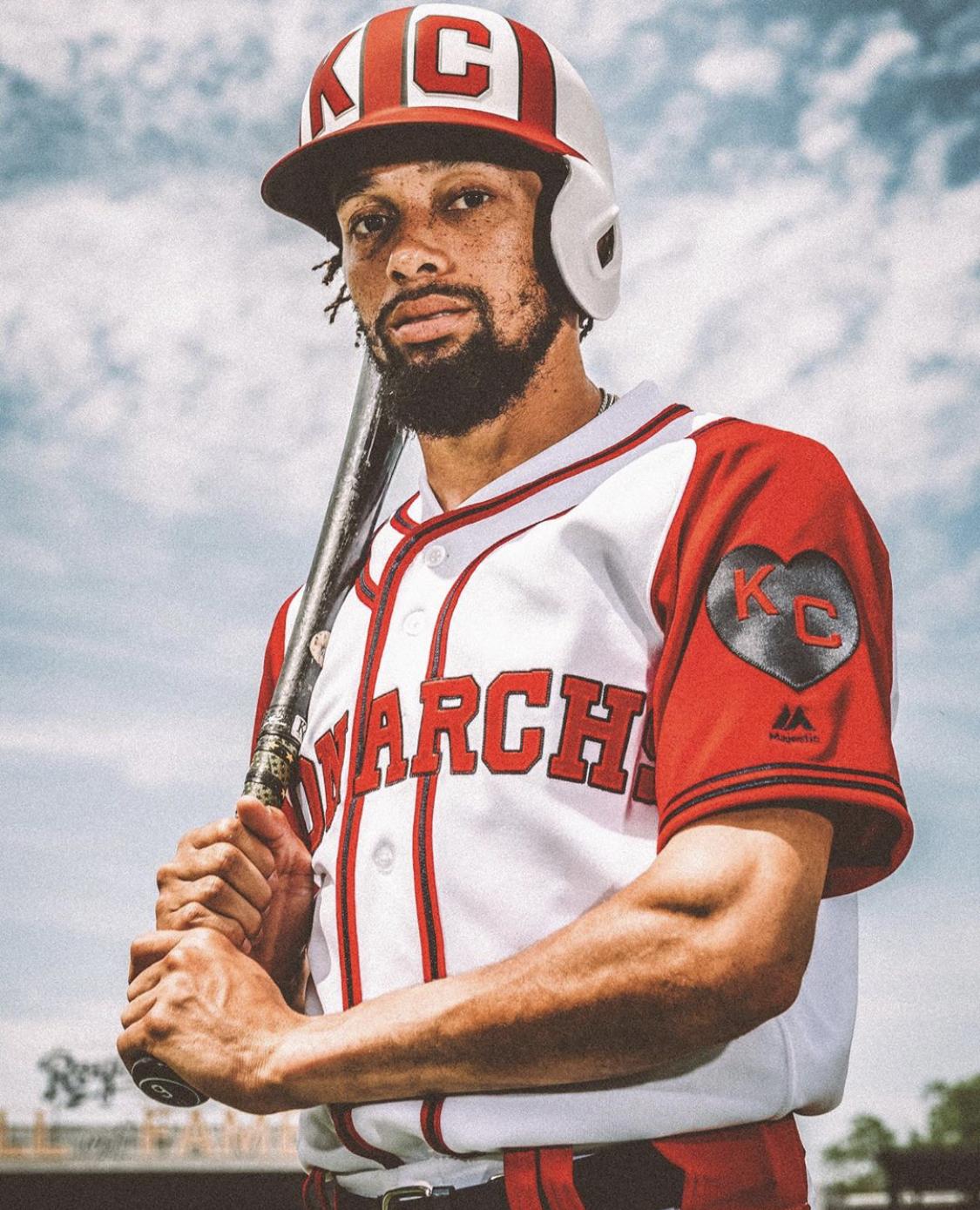In a significant shift that has drawn attention and criticism, Major League Baseball’s recent policy change has created unintended consequences for the Kansas City Royals, hindering the team’s ability to honor the legacy of the historic Negro Leagues. This decision has raised concerns among fans, historians, and baseball advocates in a city deeply intertwined with the history of the leagues, which showcased the talent and resilience of Black players during an era of segregation. As the Royals seek to navigate the implications of this policy and its impact on their plans for commemorating the Negro Leagues, the question remains: will MLB reconsider its stance to support a more inclusive celebration of baseball’s rich and diverse heritage? This article delves into the policy change, its ramifications for the Royals, and the ongoing dialogue surrounding the preservation of this vital chapter in baseball history.
Impact of MLB Policy Changes on the Royals’ Tribute to Negro Leagues
The recent shifts in Major League Baseball’s policies have created significant ripples, particularly impacting how the Kansas City Royals honor the rich history of the Negro Leagues. MLB’s decision to formally recognize the records and statistics of the Negro Leagues, while commendable, also comes with stricter guidelines on how affiliated teams can celebrate this heritage. As a result, the Royals are faced with new hurdles in their efforts to pay homage to the legendary players who once graced the Kansas City Monarchs and shaped the landscape of baseball during a time of segregation. This change has complicated the team’s annual tributes and outreach initiatives aimed at educating fans and fostering community engagement around this important aspect of the sport’s history.
Among the policy adjustments are limitations on special uniforms and retro promotions that previously highlighted Negro Leagues history. The Royals, who have long been at the forefront of recognizing the contributions of Black players, now find themselves navigating a tighter framework that also emphasizes compliance with league-wide branding standards. To adapt, the organization is exploring new avenues to honor the Negro Leagues through sponsorships, community programs, and partnerships with local historical societies. These initiatives could potentially include:
- Educational events focused on Negro Leagues history.
- Memorial events held at the Negro Leagues Baseball Museum.
- Error-free statistics to highlight player achievements.
Challenges Faced by the Royals in Celebrating Historical Legacy
The Kansas City Royals have long faced significant obstacles in their efforts to honor the rich legacy of the Negro Leagues, particularly following recent changes in Major League Baseball’s policies. These modifications have reshaped the landscape of how teams can pay tribute to historical figures and events, leaving the Royals with a sense of urgency to adapt while preserving their commitment to remembering a vital part of American sports history. As the franchise looks to celebrate icons such as Jackie Robinson and Satchel Paige, they must navigate the complexities of new regulations that may limit their initiatives.
- Advertisement -
Among the key challenges are:
- Funding Constraints: Budget limitations may hinder the scale of commemorative events and educational programs.
- Awareness Campaigns: Engaging the community and raising awareness about the Negro Leagues requires strategic outreach that aligns with MLB guidelines.
- Collaborations: Establishing partnerships with local organizations to amplify their message can be complicated due to bureaucratic challenges.
To provide a clearer picture of the difficulties at hand, the table below outlines some of the older and recent policies affecting honor initiatives:
| Policy Type | Previous Regulation | Current Regulation |
|---|---|---|
| Commemorative Events | Flexible guidelines for events | Restrictive approval process |
| Merchandising | Ability to create bespoke items | Limited licensing options |
| Community Engagement | Open collaboration with local groups | Stricter criteria for partnerships |
Future Prospects for Reviving Negro League Honors in Professional Baseball
The recent shift in MLB policy regarding the recognition of historic Negro Leagues has stirred conversations about the potential for reviving appropriate honors that pay tribute to a pivotal part of baseball history. While the Kansas City Royals, being centrally linked to this narrative, have faced challenges in commemorating the league’s legacy, there is optimism that future policy adjustments could enable a deeper integration of the Negro Leagues’ contributions within professional baseball today. Stakeholders from different facets of the sport are advocating for a reassessment of how these leagues are recognized, emphasizing the need to ensure justice and proper tribute to the players and communities that were pivotal in shaping America’s pastime.
Implementing changes would require a collective effort among team owners, players, and league officials. Potential initiatives might include:
- Advertisement -
- Establishing annual tribute games dedicated to the Negro Leagues
- Incorporating more detailed history lessons into MLB education programs
- Product collaborations that celebrate legendary Negro League players
Further, discussions may lead to the introduction of a formal recognition framework, perhaps through a dedicated awards ceremony or hall of fame segment, specifically spotlighting the contributions of the Negro Leagues. Engaging community members and historians in this process can provide richer context and foster a genuine connection with fans, ensuring that past injustices are addressed and celebrated in equal measure.
Key Takeaways
In conclusion, the recent policy changes by Major League Baseball have raised significant concerns regarding the ability of teams like the Kansas City Royals to properly honor the legacy of the Negro Leagues. As the Royals navigate this complex landscape, the question remains whether MLB will adapt its approach to preserve and celebrate the rich history of these pioneering players. The voices of fans, historians, and community advocates are vital in advocating for change, ensuring that the contributions of the Negro Leagues are not forgotten. As discussions continue, the hope is that MLB will recognize the importance of this history and take steps to facilitate a more inclusive and respectful commemoration. Only time will tell if these changes will come, but the commitment to honor the past remains a crucial endeavor for the future of baseball.


